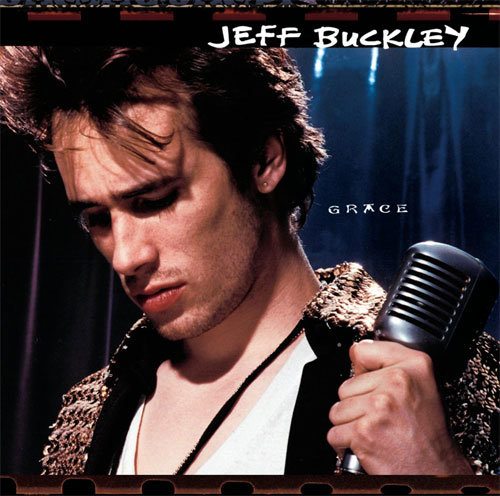A secret chord in the song ‘Hallelujah’
A secret chord in the song ‘Hallelujah’
Posted April. 24, 2019 08:09,
Updated April. 24, 2019 08:09

“Well I've heard there was a secret chord/ That David played and it pleased the Lord/ But you don't really care for music, do you?” (From “Hallelujah” by Leonard Cohen)
I have recently started teaching playing the acoustic guitar. This is the first time in a long time that I use the word “chord” so often in my life. I feel like that I sometimes say the word 30 times in an hour. To put it simply, “chords” would be the most painful thing for a guitar beginner.
“Okay, let’s start with a C chord and play Am…and Em. No, your fingers shouldn’t be there.”
The highlight is when playing an F chord. To play an F chord, you need to push down on all six strings with just one finger. For a beginner, playing an F chord would be comparable to a physical training in a guerrilla training in the military.
After saying, “The I, IV, and V scale degrees are C, F, G chords in C major scale,” this song flashed across my mind. The original song of “Hallelujah” was sung by Leonard Cohen, but Jeff Berkeley’s version is better known to the public.
The song starts with the story about “secret chord.” Surprisingly, the lyrics are actually about musical chords.
“Well it goes like this/ The fourth, the fifth, the minor fall and the major lift/ The baffled king composing Hallelujah”
The song is in C major. When the line, “The fourth, the fifth, the minor fall and the major lift” is sung, the music actually plays F, G, and A minor and then switches to F major. This part is the hidden gem and the highlight of the song.
Although the lyrics mention figures in the Bible, such as David, Samson, and Delilah, and contain Biblical stories, the song is not religious music. The metaphorical message behind the lyrics of the song is the reason why so many singers have reinterpreted it after it was released in 1984.
There are so many songs in C major that have similar chord progression as “Hallelujah.” The case in point is “Don’t Look Back in Anger” by British band Oasis. An E7 chord played briefly in the song better expresses the darkest side of the song than an Fm chord.
An E7 chord plays a similar role in “Hallelujah. When an E7 is played in the song, the word “broken” is sung. “And love is not a victory march/ It's a cold and it's a broken Hallelujah…”
imi@donga.com




![[단독]“거부도 못해” 요양병원 ‘콧줄 환자’ 8만명](https://dimg.donga.com/c/138/175/90/1/wps/NEWS/IMAGE/2026/03/02/133450041.2.jpg)


